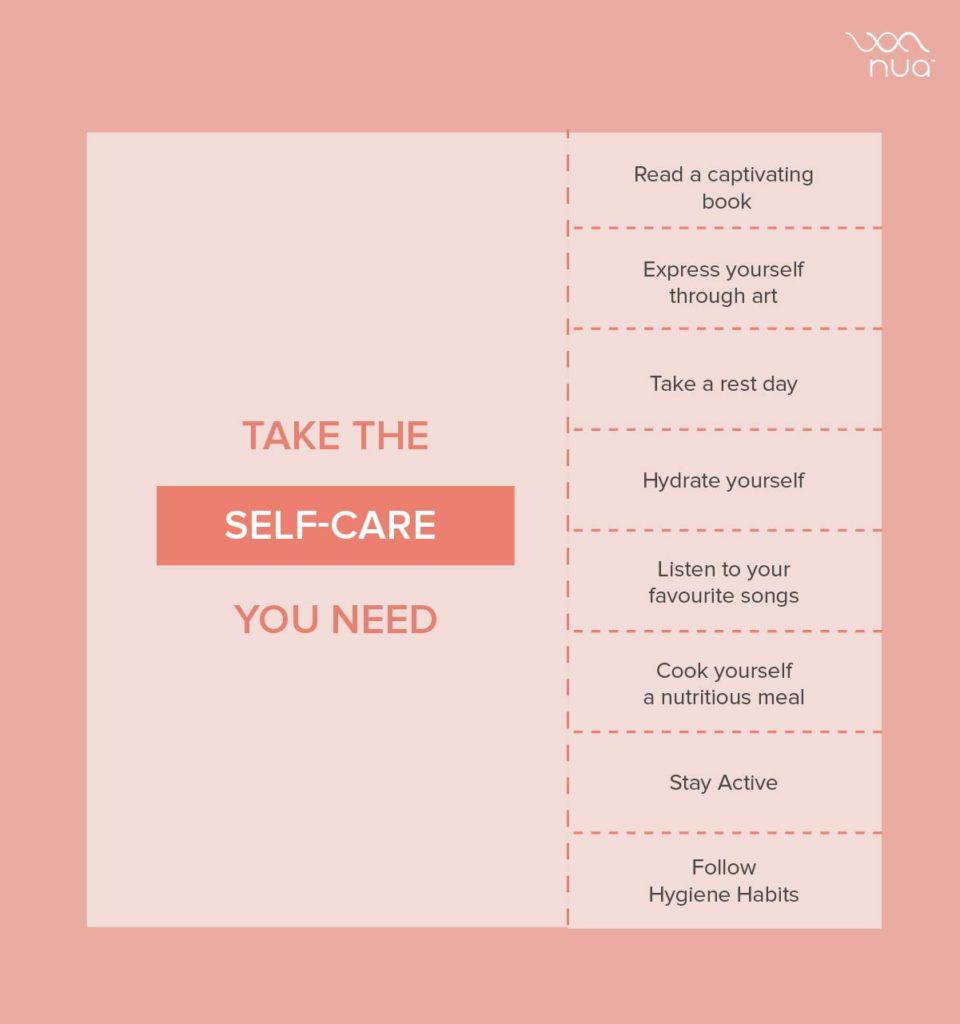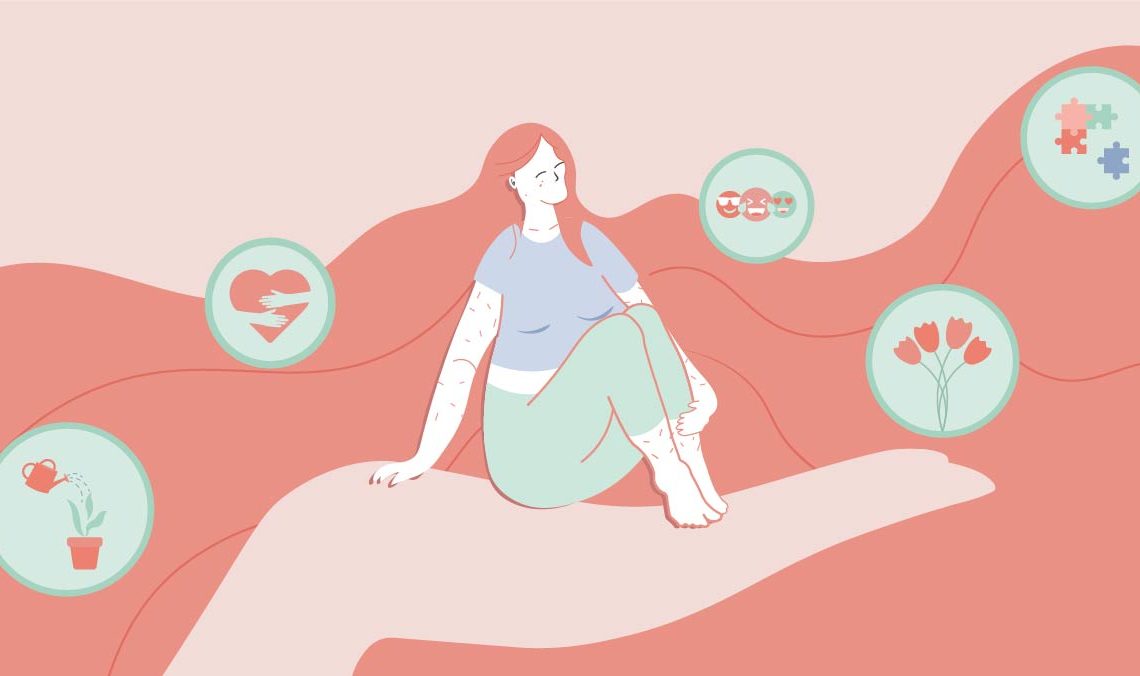Puberty is a significant phase in every girl’s life, marked by numerous changes – both physical and emotional. When you venture into this transformative phase, it’s natural to experience a wide array of emotions. We understand that this can be a challenging time, and that’s why we’re here to provide warm, polite, and informative guidance. In this article, we will explore the emotional aspects of puberty and suggest self-care practices that can help young girls navigate through these changes with a sense of well-being and self-assurance.
Understanding the Emotional Changes During Puberty:
Puberty is a time of rapid growth and development, and it’s perfectly normal to feel a mix of emotions as your body undergoes these changes. You may find yourself experiencing mood swings, feeling more sensitive, or facing new emotions that you haven’t encountered before. Don’t be surprised if you find yourself experiencing mood swings that seem to sweep you from joy to frustration in the blink of an eye. Suddenly, you might feel more sensitive to the world around you, or you may encounter emotions that are entirely new and unfamiliar.
During this time, it’s crucial to remember that these emotional changes are entirely normal and an integral part of the natural process of growing up. Every girl goes through this phase, and while it might be a bit overwhelming at times, rest assured that you are not alone in this journey. Embracing self-compassion is like giving yourself a gentle hug from the inside. It means accepting and acknowledging your feelings without judgment. Whether you feel happy, sad, angry, or confused, all these emotions are valid and essential aspects of being human. There’s nothing wrong with experiencing this diverse range of feelings; it merely shows that you are growing, evolving, and maturing.
Grant yourself the space and time needed to process these emotions. Puberty can be a rollercoaster ride, but by practicing self-compassion, you can navigate the ups and downs with a sense of understanding and patience.
The Importance of Self-Care:
During this time of change, taking care of yourself becomes a crucial aspect of nurturing your emotional well-being. Self-care is a fundamental necessity to help you thrive during this transformative time. By prioritizing self-care, you can lay the groundwork for resilience, develop effective coping skills, and build a strong foundation for your overall health. It is a unique journey for each individual, and it’s essential to explore various ways to find what works best for you. Engaging in activities that you enjoy and that bring you a sense of fulfillment can be a great way to release pent-up emotions and stress. Whether it’s reading a captivating book, expressing yourself through art, or participating in sports, these activities can provide a positive outlet for your emotions and create a soothing sense of balance.
Additionally, remember to prioritize rest as a vital component of self-care. Puberty can be both physically and emotionally draining, and getting enough quality sleep is crucial for your well-being. Adequate rest ensures that your body and mind have the time to recuperate and rejuvenate, allowing you to face each day with a clearer and more focused mindset. Embrace self-care as a gift to yourself, empowering you to face the changes of puberty with a sense of grace and inner strength. Remember that taking care of yourself is not selfish but a beautiful act of self-love and an investment in your future well-being.
Open Communication and Support:
Having open and supportive communication with trusted family members, friends, or mentors can make a significant difference during puberty. They have likely experienced their own puberty journey and can offer empathetic advice based on their personal experiences. Sharing your thoughts with them can create a sense of connection and understanding, reassuring you that you are not alone in what you are going through.
Likewise, friends who are going through or have already experienced puberty can be valuable allies. They may relate to your emotions and experiences, providing a safe space for open conversations without judgment. Being able to confide in friends and share your feelings can strengthen your bond and create a supportive circle of companionship. It’s essential to remember that seeking support is not a sign of weakness; in fact, it’s an indicator of strength and maturity. Puberty can be overwhelming, and it’s perfectly okay to reach out for help when needed. By sharing your feelings with others, you can alleviate any sense of isolation or confusion you may experience.
Sometimes, merely talking about your emotions can provide a sense of relief and clarity. The act of verbalizing what you’re going through can help you process your feelings and make sense of the changes happening within you.

Puberty marks a significant and transformative phase in your life, brimming with emotions and unprecedented growth. As you embark on this journey of self-discovery, it’s crucial to understand the emotional changes that come with puberty and to prioritize your well-being through self-care. Emotions are a natural part of being human, and during puberty, you may experience a wide spectrum of feelings. Remember that it’s entirely normal to have mood swings, to feel more sensitive, and to encounter new and unfamiliar emotions. Embrace these changes with acceptance, for they are the stepping stones to becoming the incredible person you are meant to be. Throughout this transformative time, be kind to yourselves and embrace the power of self-compassion. Recognize that it’s okay to experience a range of emotions, and there’s nothing wrong with you for feeling this way. Instead of being harsh on yourself, offer yourself understanding and patience as you navigate through this phase.



